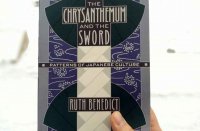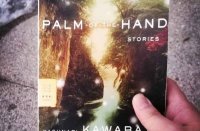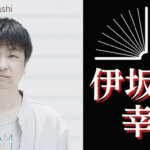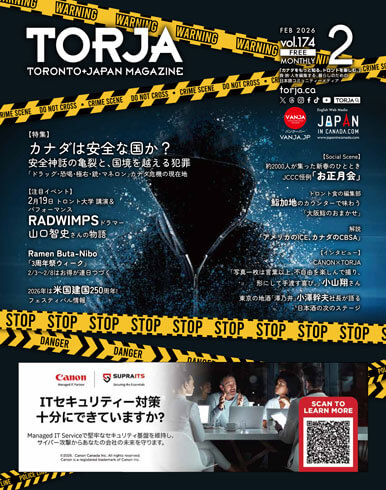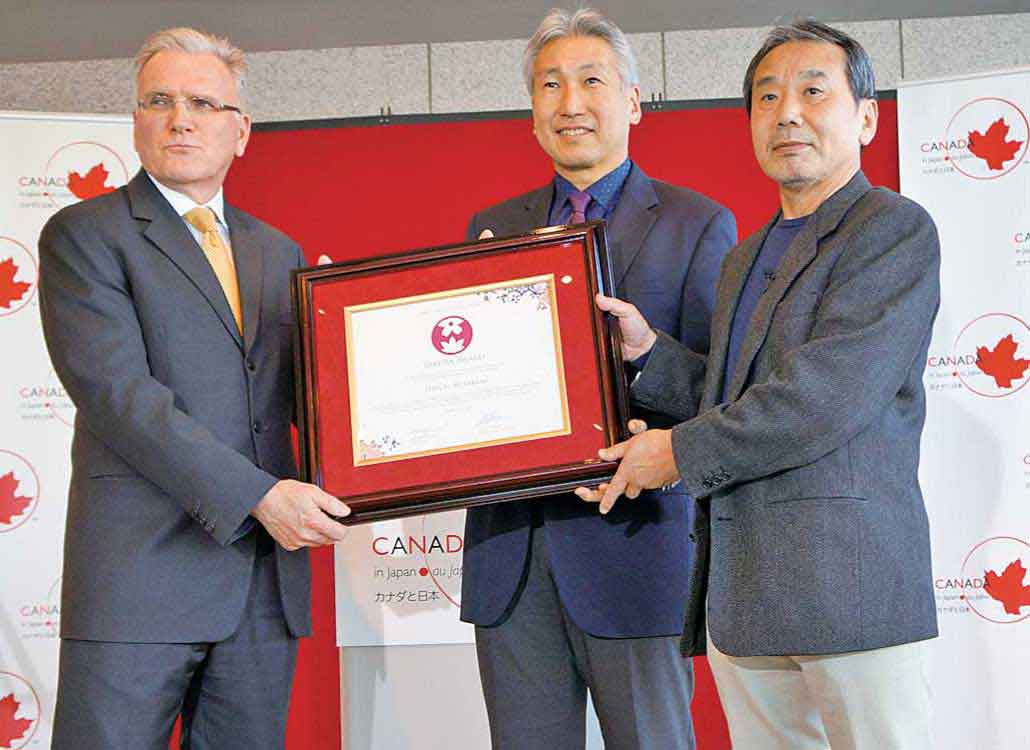
父語りから透ける残虐な偶然 村上春樹「猫を棄てる」 https://t.co/CKQS9s99Vz
— 朝日新聞(asahi shimbun) (@asahi) 2019年6月6日
Haruki Murakami’s recent essay, Neko o suteru: Chichioya ni tsuite kataru tokini boku no kataru koto” (Abandoning A Cat: What I Talk About When I Talk About My Father, 猫を棄(す)てる――父親について語るときに僕の語ること), came out on May 10 in the monthly magazine, Bungeishunjū.
The essay begins with Murakami recounting trying to abandon a cat with his father. When they returned home, however, the cat was already back, waiting for them. The tone of the essay, however, shifts as Murakami goes on to discuss his relationship with his father and his involvement with the second world war. Murakami mentioned that his relationship with his father grew bitter after he became a writer, that they haven’t talked much for 20 years. During that time, Murakami, being interested in China as well as Japan’s relationship with China, did extensive research on his father, to find out if he was involved in the Nanjing massacre. “I met various people who had a relationship with my father, and little by little, I started listening to stories about him,” he writes. He found out that though his father was part of the war, he was not in Nanjing at the time and was not part of the killings that happened there.
In 2008, Murakami and his father “did something like a reconciliation”, shortly before his death.
Chiaki, Murakami’s father, was born the second son of a Buddhist priest in Kyoto in 1917. In 1938, Chiaki was inducted into the Imperial Japanese Army at the age of 20. When Murakami was a child, elementary school, Chiaki told him that his troops once executed a captured Chinese soldier. “Needless to say, the barbaric sight of a human head getting cut off by a military sword was deeply etched into my young mind,” he writes in his essay.
Since Murakami was a child, his father’s telling of the event left a strong impression, making him “feel like he has partially inherited the experience.”
In many of Murakami’s novels and stories, Murakami has expressed his interest in China, dabbling with themes such as how one should discuss and learn about China as a Japanese person today. In his short story, A Slow Boat to China, the narrator recounts the Chinese people he has let in his life, The story, like most of his work, is somewhat mundane, ordinary, with subtle twists and the presence of something like fate dictating the narrative. In his novella, After Dark, there are Chinese characters who left China and roam the streets of Tokyo at night, trying to survive. In Wind Up Bird Chronicles, there are recounts of events that have happened near Mongolia during WWII. In his most recent novel, Killing Commendatore, some scenes are similar and perhaps inspired by the ones Chiaki told Murakami when he was a child.
“No matter how unpleasant things are and how much we want to look away from them, human beings have to accept such things as part of ourselves,” writes Murakami. “If not, where would the meaning of history lie?”


